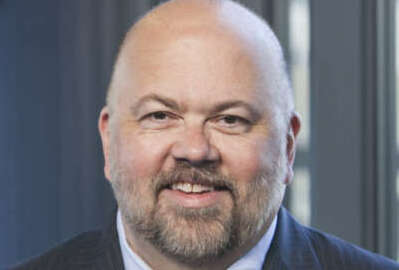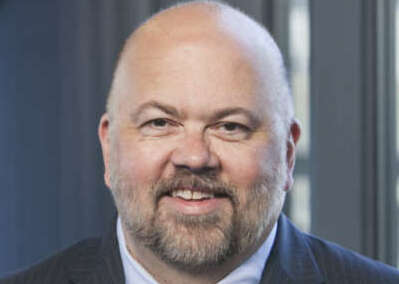
Should we kill FERS?
Jeff Neal, former CHCO for the Homeland Security Department, says telling people to save more for retirement when they are young is not enough.
This column was originally published on Jeff Neal’s blog, ChiefHRO.com, and was republished here with permission from the author.
During an interview this morning, I was asked a question about federal retirement plans and whether I thought the government should move away from the defined benefit portion of the Federal Employees Retirement System. We have all heard proposals for retirement reform that range from increasing employee contributions to doing away with the pension plan and having employees rely entirely on the Thrift Savings Plan and Social Security for their retirement.
Arguments in favor of killing the pension plan are usually based on the fact that defined benefit retirement programs are a dying breed. More and more companies have discontinued pension pans and shifted to defined contribution plans. From the perspective of a company’s bottom line, it appears to be a good move. Costs are lower and far more predictable. Risk is shifted from the employer to the employee. Once an employee leaves, there is no obligation. Add to that the fact that people change jobs far more often than in the past and the ability to accumulate a pension is lessened. Since you probably would not work long enough to earn a pension, why burden the employer with having such a plan. Sounds good, right?
Because that change has happened in the private sector, more and more people argue that it should happen in the public sector as well. After all, why should public employees have a benefit that private sector employees do not have? When we look at it like that, it may make sense to do away with the pension component of FERS.
But is that the way we should look at the question? I think the answer is no. I prefer to look at what kind of employer federal, state and local governments should be, rather than how they can reduce benefits to conform to norms in the private sector. Simply put — government should be a model employer, and a model employer should care about more than the bottom line.
Some folks will tell us that the American people want lower taxes and resent seeing public employees getting benefits that they do not get themselves. Sounds believable, but it is not true. A 2017 study by the National Institute on Retirement Security reported that ”76 percent of Americans are concerned about their ability to achieve a secure retirement, with that level of worry at 78 percent for Democrats and 76 percent for Republicans. Some 88 percent of Americans agree that the nation faces a retirement crisis, and the concern is high across party lines.” The study also reported that 73 percent of Republicans and 83 percent of Democrats support state retirement plans.
There is also a cause-and-effect dynamic at work that we rarely discuss. What we typically hear is “no one wants to work for a company for 30 years” and “young people today want to change jobs often.” So why is it that people want to change jobs often? Is it simply a generational difference? Or does the lack of a pension plan incentivize turnover? Many younger folks tell me that their view is that loyalty is a two-way street. If their employer wants them to stay around, they want their employer to commit to keeping them around. I believe the changing employer dynamic is one of the chief drivers of the turnover mentality. Employees take a job to get a certain type of experience, then move on when opportunities arise.
While the shift away from defined benefit plans may have been caused by financial interests of employers, we are seeing that there is a financial downside as well. Turnover is not cheap. Recruiting new talent costs money. Onboarding new talent costs money. Training new talent costs money. Productivity losses from having new hires costs money. What we may have done is substitute one cost for another, without necessarily saving anything.
So what is the answer? Telling people to save more when they are young is not enough. Some people start saving early, while others are not forward-thinking enough to do it, or they simply cannot afford it. Two-thirds of millennials have no retirement savings. The fact that more than three quarters of Americans are concerned about their retirement security should be troubling, but it also presents an opportunity. This is not a partisan issue. Democrats, Independents and Republicans alike are worried about their future financial security.
Rather than focusing only on the costs of programs like the pension component of FERS, it is time for a serious, bipartisan public policy discussion about ways we can ensure retirement security for everyone in the U.S., not just for public employees. A 401(k) alone is not enough. How do we guarantee retirement security without giving a free ride to some folks? How do we do that without creating a multi-trillion dollar federal program? If we put the right people on the problem and seek the best ideas from business, government, non-government organizations and academia, we can find some way to solve this problem. If we can find a good way to do that, it may be that programs like federal pensions for new employees would no longer be needed. If we cannot do it, depriving federal workers of a pension is not the right move.
Jeff Neal is a senior vice president for ICF and founder of the blog, ChiefHRO.com. Before coming to ICF, Neal was the chief human capital officer at the Homeland Security Department and the chief human resources officer at the Defense Logistics Agency.
Copyright © 2024 Federal News Network. All rights reserved. This website is not intended for users located within the European Economic Area.
Related Stories




